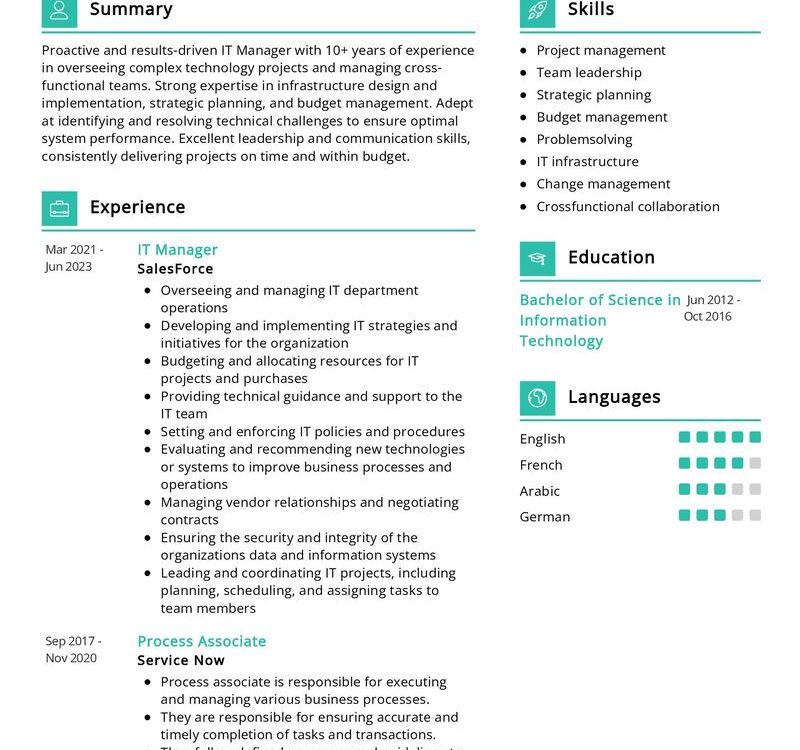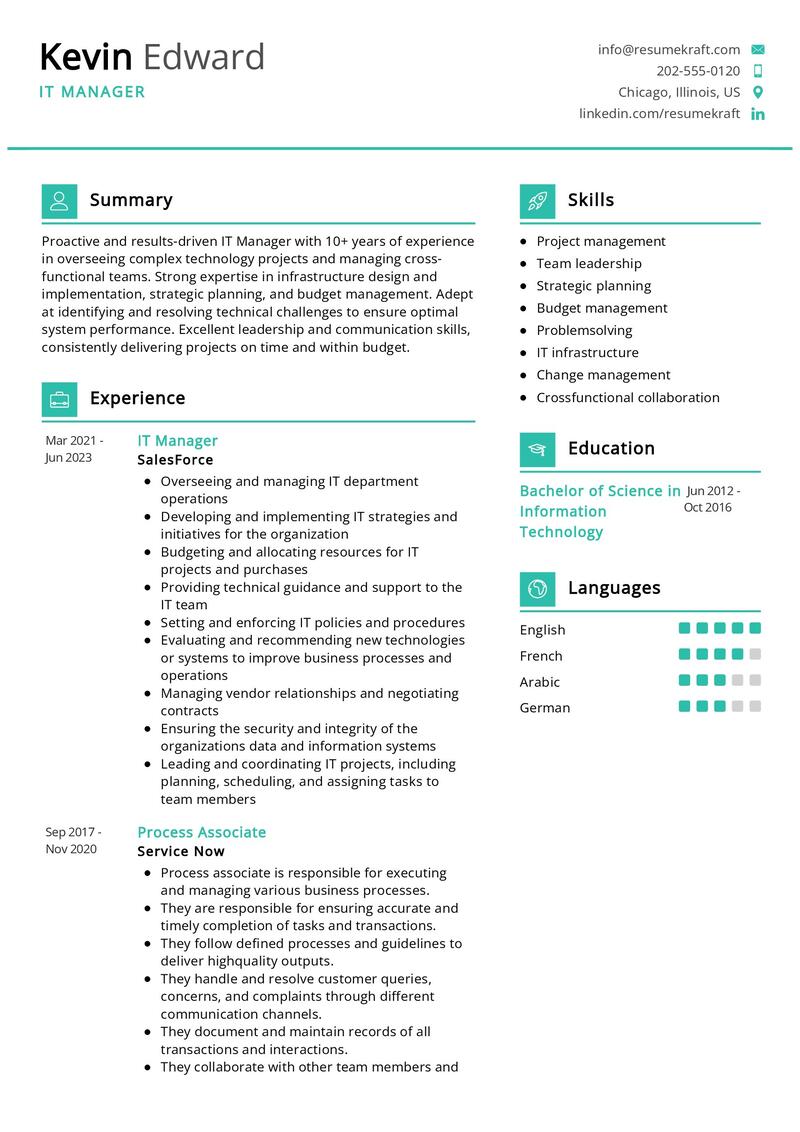Understanding the Role of an IT Manager
In today’s digital age, the role of an IT Manager holds significant importance in organizations across various industries. An IT Manager serves as the backbone of an organization’s technological infrastructure, ensuring smooth operations and leveraging technology to drive business growth. Let’s delve deeper into the multifaceted role of an IT Manager and understand the skills and responsibilities required to excel in this position.
Job Requirements for an IT Manager
Becoming an IT Manager requires a blend of technical expertise, leadership skills, and business acumen. Here are the key prerequisites for aspiring IT Managers:
- A Bachelor’s or Master’s degree in Computer Science, Information Technology, or a related field.
- Extensive experience in IT roles, demonstrating a progression of responsibilities and achievements.
- Strong technical skills in areas such as network management, cybersecurity, database administration, and cloud computing.
- Leadership and managerial abilities, including team management, project management, and strategic planning.
- Excellent communication skills to effectively collaborate with cross-functional teams and communicate technical concepts to non-technical stakeholders.
- Problem-solving skills and the ability to troubleshoot technical issues efficiently.
Additionally, certifications such as Project Management Professional (PMP), Certified Information Systems Security Professional (CISSP), and ITIL Foundation can enhance the credentials of an IT Manager.
Responsibilities of an IT Manager
The role of an IT Manager encompasses a wide range of responsibilities aimed at ensuring the smooth functioning of an organization’s IT infrastructure and aligning technology initiatives with business goals. Here are some key responsibilities:
- Overseeing the installation, maintenance, and upgrade of hardware and software systems.
- Developing and implementing IT policies and procedures to ensure security and compliance with regulations.
- Managing IT budgets and resources effectively to optimize spending and maximize ROI.
- Leading and mentoring IT teams, fostering a collaborative and high-performance work culture.
- Collaborating with senior management to develop IT strategies that support the organization’s objectives.
- Evaluating emerging technologies and recommending solutions that drive innovation and efficiency.
- Providing technical guidance and support to resolve complex IT issues.
By fulfilling these responsibilities, an IT Manager plays a pivotal role in driving digital transformation and enabling business success.
Writing an Effective IT Manager Resume
Crafting a compelling resume is crucial for IT Managers to showcase their skills and experience effectively. Here are some tips for writing an impactful IT Manager resume:
- Highlight your leadership experience and achievements in previous IT roles.
- Quantify your accomplishments with specific metrics, such as cost savings, efficiency improvements, or successful project completions.
- Include relevant certifications and training programs to demonstrate your commitment to professional development.
- Tailor your resume to the specific job description, emphasizing skills and experiences that are most relevant to the position.
- Use clear and concise language, avoiding technical jargon that may be unfamiliar to non-technical readers.
An effective resume will showcase your qualifications and make a strong impression on potential employers.
Key Takeaways for Aspiring IT Managers
Aspiring IT Managers should focus on developing a diverse skill set that combines technical expertise with leadership abilities. Key takeaways include:
- Invest in continuous learning and professional development to stay updated on emerging technologies and industry trends.
- Develop strong communication and interpersonal skills to effectively collaborate with team members and stakeholders.
- Take on leadership roles and projects that demonstrate your ability to drive results and lead teams effectively.
- Stay adaptable and flexible in the face of technological advancements and changing business requirements.
By embodying these key takeaways, aspiring IT Managers can position themselves for success in this dynamic and rewarding field.
Finally, feel free to utilize resources like AI Resume Builder, Resume Design, Resume Samples, Resume Examples, Resume Skills, Resume Help, Resume Synonyms, and Job Responsibilities to create a standout application and prepare for the IT Manager job interview.


